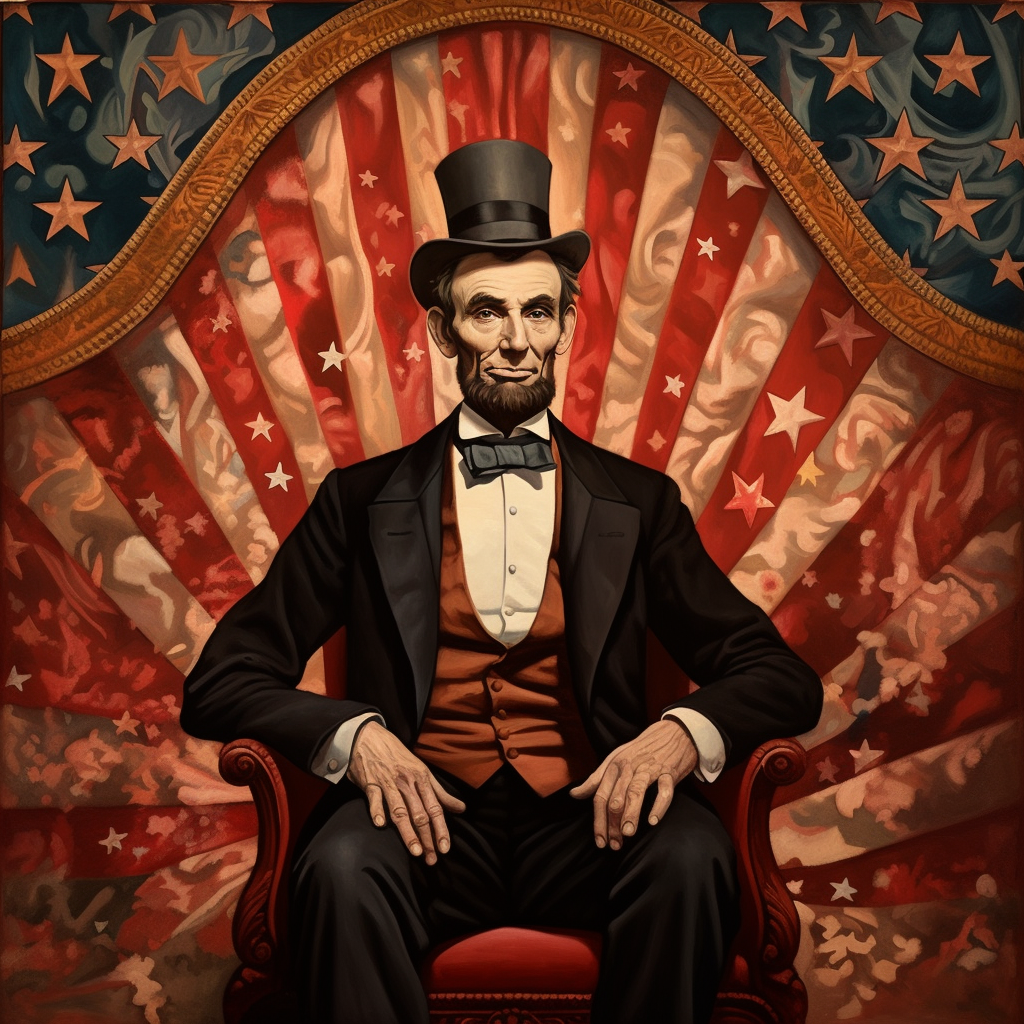Abraham Lincoln: Assassination and Legacy

The assassination of President Abraham Lincoln in 1865 was a pivotal moment in American history, not only because of its immediate impact but also due to the enduring legacy it cemented.
Lincoln's untimely death turned him into a martyr for the Union and the values he championed, leaving a lasting legacy that continues to influence leadership discourse.
Factual Details of Lincoln's Assassination and Legacy
Year: 1865
Location: Ford's Theatre, Washington D.C., United States
Event: Assassination of Abraham Lincoln
On April 14, 1865, just days after the official end of the Civil War, Abraham Lincoln was assassinated by John Wilkes Booth, a Confederate sympathizer. The assassination occurred at Ford's Theatre during a play, shocking the nation and plunging it into mourning. Lincoln’s death came at a critical juncture in American history, as the nation was just beginning the process of reconstruction and healing after the Civil War.
Key Outcomes:
- Lincoln’s assassination intensified his status as a symbol of the Union’s cause and the fight against slavery.
- His legacy of leadership, characterized by resilience, integrity, and vision, became enshrined in American history.
- Lincoln’s martyrdom had a profound and lasting impact on the nation's collective memory and identity.
Leadership Lessons from Lincoln’s Assassination and Legacy
1. The Power of a Leadership Legacy:
- Lincoln's enduring legacy highlights how impactful leadership can transcend one's lifetime, continuing to inspire and guide future generations.
2. Martyrdom and Symbolism in Leadership:
- His assassination turned Lincoln into a powerful symbol for unity and equality, showing how leaders can become embodiments of larger ideals.
3. Resilience and Vision in Leadership:
- Lincoln’s life and presidency, culminating in his tragic death, underscore the importance of resilience and vision in creating a lasting leadership impact.
4. Ethical Leadership and Moral Courage:
- His unwavering commitment to justice and equality exemplifies the significance of ethical leadership and moral courage.
5. Influence Beyond Tenure:
- Lincoln’s influence on American politics and society extended far beyond his tenure as president, illustrating how leaders can have a lasting impact on their fields.
How Today's Leaders Can Use This Lesson
Adapting to Today’s Context:
Contemporary leaders can draw valuable insights from Lincoln’s assassination and legacy:
Building a Meaningful Legacy:
Focus on building a legacy that positively impacts future generations and transcends career achievements.
Embodying Core Values:
Strive to embody the core values and principles you wish to be remembered for in your leadership.
Impact Through Ethical Leadership:
Recognize the long-term impact of ethical leadership and moral decision-making on society and your field.
Inspiring Through Vision:
Use visionary leadership to inspire and motivate others, creating a ripple effect that outlasts your immediate influence.
Navigating Challenges with Resilience:
Embrace resilience in facing challenges, understanding that the manner in which you navigate difficulties can define your leadership legacy.
Concluding Thoughts
Abraham Lincoln’s assassination and the subsequent immortalization of his legacy are powerful reminders of the enduring impact of leadership. His life, work, and untimely death continue to teach crucial lessons about the values of resilience, integrity, and visionary leadership.
Your Reflection
Reflect on Lincoln’s legacy and consider:
- How can you build a leadership legacy that positively influences future generations?
- What core values and principles do you want your leadership to embody and be remembered for?
- How can you ensure your leadership decisions and actions contribute positively to your field or society at large?
- In what ways can you inspire others through your vision and resilience?



